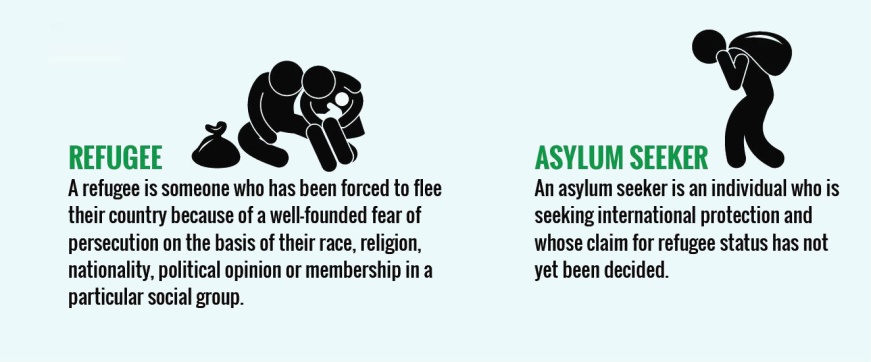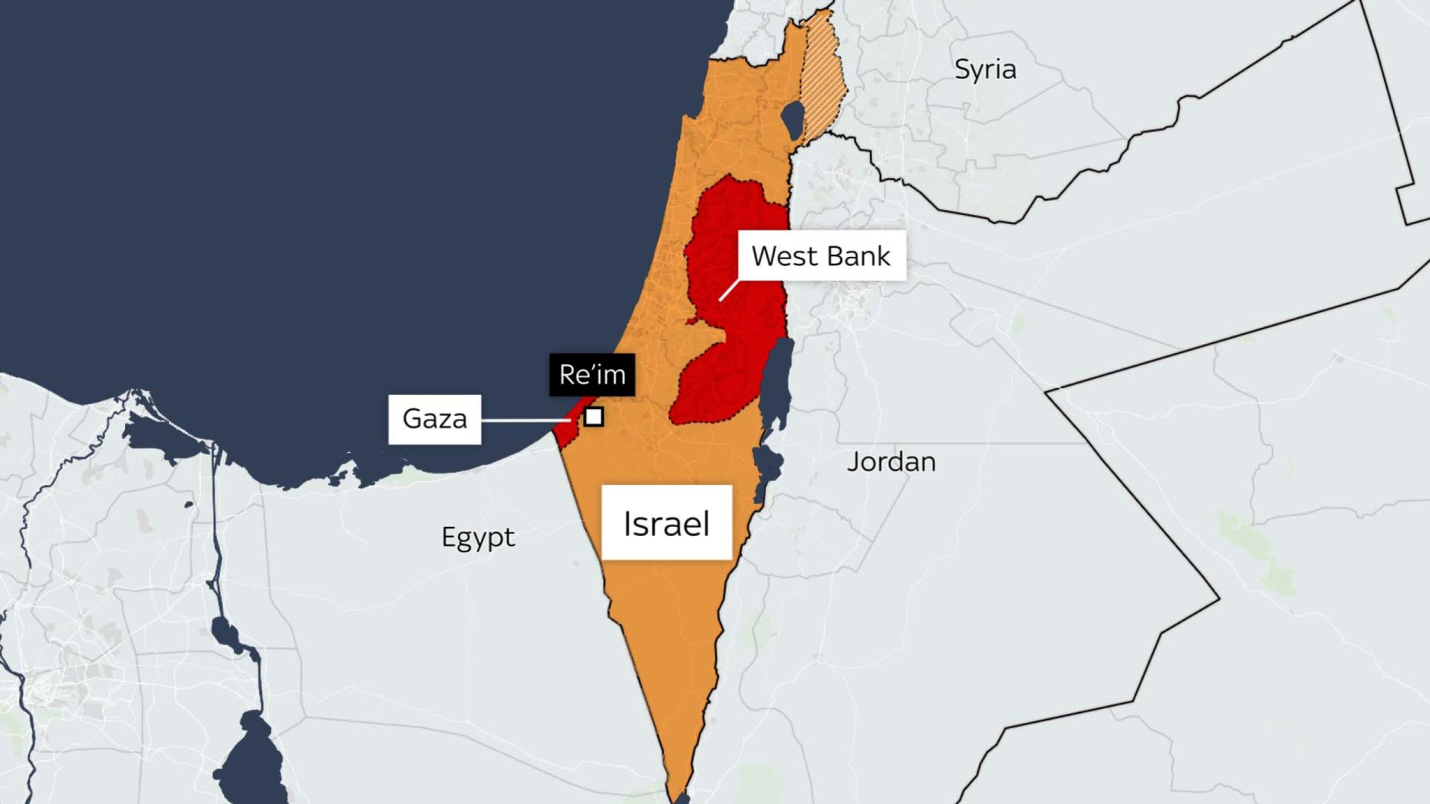Description

Copyright infringement is not intended
Context: According to National Human Rights Commission (NHRC) chairman, model laws on asylum and refugees that were drafted by the NHRC decades ago but not implemented by the government could be revised by an expert committee.
Current situation:
- India has not signed the United Nations Refugee Convention, 1951.
- Refugees and asylum seekers are entitled to the rights in Articles 14, 20 and 21 of the Constitution.
- India lacks a specific legislation governing refugees and asylum seekers.
Why government refusing to enact law?
- Government argues that such law could be “misused by anti-nationals, terrorists and criminal elements” and it would “cause a financial burden on the country”.
About Convention Relating to the Status of Refugees:
- It is also known as the 1951 Refugee Convention or the Geneva Convention.
- Key features:
- It is a United Nations multilateral treaty that defines who a refugee is, and sets out the rights of individuals who are granted asylum and the responsibilities of nations that grant asylum.
- It sets out which people do not qualify as refugees, such as war criminals.
- It provides for some visa-free travel for holders of refugee travel documents issued under the convention.
- It is builds on Article 14 of the 1948 Universal Declaration of Human Rights, which recognizes the right of persons to seek asylum from persecution in other countries.
- It was initially limited to protecting European refugees after World War II, but the 1967 Protocol removed the time limits and applied to refugees "without any geographic limitation".
- Members: There are 146 parties to the Convention, and 147 to the Protocol. India is not a party to 1951 Convention nor signatory of the 1967 Protocol.
- Legal status: This Convention is "legally binding," there is no body that monitors compliance. The United Nations High Commissioner for Refugees (UNHCR) has supervisory responsibilities but cannot enforce the Convention, and there is no formal mechanism for individuals to file complaints. The Convention specifies that complaints should be referred to the International Court of Justice.
- Remedial procedure: An individual may lodge a complaint with the UN Human Rights Committee under the International Covenant on Civil and Political Rights or with the UN Committee on Economic, Social and Cultural Rights under the International Covenant on Economic, Social and Cultural Rights. Nations may levy international sanctions against violators, but no nation has ever done so.
https://www.thehindu.com/news/national/nhrc-should-revise-draft-model-laws-on-asylum-and-refugees/article65059598.ece















